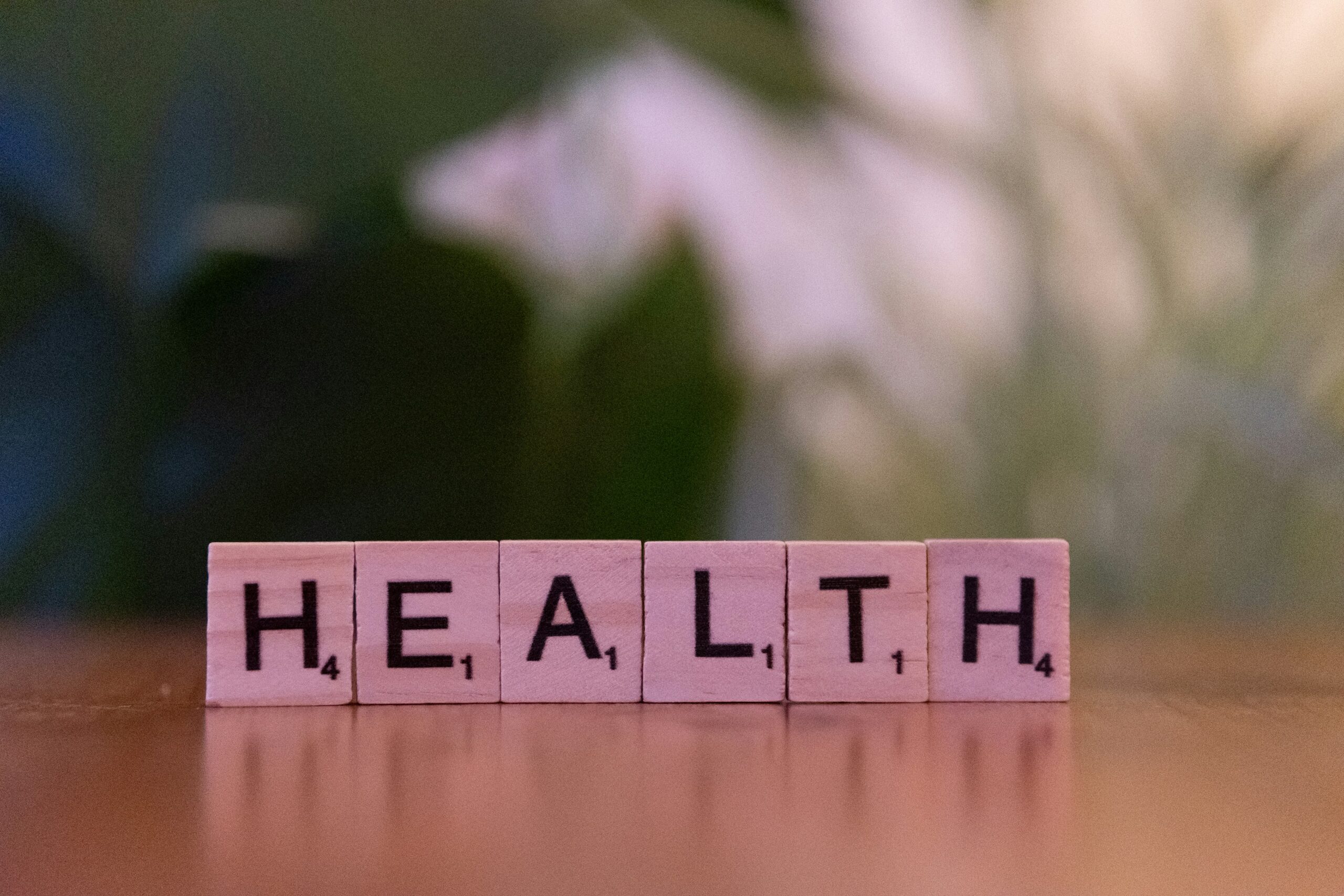Health Alert: 7 Signs of Vitamin D Deficiency That Weaken Your Immune System
Introduction
In a magnificent theater for human health, some nutrients play as a role in vitamin D – often called the “sunshine vitamin”. Still, despite its significant significance, more than 1 billion people suffer from the world of vitamin D deficiency, many without knowing it. This quiet deficiency is not just feeling a little bit-it directly compromises your immune system, making you unsafe for infection, chronic inflammation and long-term disease.This is not just another welfare warning. This is a health wake-up.
In this wide, science-backed exposure, we will highlight 7 Surefire signs of vitamin D deficiency that calmly weaken your immune system. From frequent fatigue to healing, these red flags are the way to shout to your body. And the best part? Most of them are reversible – with the right knowledge and action. Let’s dive into biology, symptoms, and solutions – because your health depends on it.
Table of Contents
Vitamin D is just more than one vitamin
First, let’s clarify a common misunderstanding: vitamin D is not just a vitamin – this is a hormone. When the sunlight is absorbed through the skin or food, the body converts it to calcitriol, an active steroid hormone that controls more than 2,000 genes, including immune function, cell growth, and inflammatory control.
Unlike other vitamins, which we mainly get from diet, 80-90% vitamin D comes from contact with the sun. The remaining 10-20% comes from foods such as fatty fish, egg yolk, and dairy – but for most people, it is almost not enough.This biological reality explains why the defect is so wide, especially in northern latitudes, dark skin, among large adults, and those who spend most of their time indoors. And when the vitamin D level drops, the immune system pays the price.
Secret Immune System for Weapons: Vitamin D
Your immune system is a complex network of cells, tissues, and signal molecules designed to protect you from invaders. Vitamin D plays a non-conventional role in this defense system. This way:
Activates T cells: Vitamin D is essential for activating the killer T cells, immunoglobulins, hunting viruses and bacteria.Changes inflammation: This helps regulate the immune response and prevent excessive inflammation that can damage tissue (an important factor in autoimmune diseases).Antimicrobial increases peptides: It increases the production of catlicidin, which is a natural antibiotic made from your immune cells.
A 2020 meta-analysis published in the British Medical Journal found that people with low vitamin D levels were much more likely to experience respiratory infections, including serious consequences from cold, flu, and even viral diseases. In short: No vitamin D = weak immunity.Now 7 warnings about warnings you can’t afford to ignore.
1. Constant Fatigue and Low Energy (Even After Sleep)
You’ve slept eight hours. You’ve had your coffee. Yet, you experience as if you’re dragging through molasses. Chronic fatigue is one of the most common yet overlooked signs of vitamin D deficiency. Unlike everyday tiredness, this is a deep, persistent exhaustion that doesn’t improve with rest.
Why? Because diet D influences mitochondrial characteristics — the electricity factories inner your cells. Low tiers disrupt ATP (electricity) production, leading to systemic fatigue.
A landmark take a look at in the North American Journal of Medical Sciences discovered that sufferers with fatigue and diet D ranges below 20 ng/mL showed significant improvement in energy after supplementation. Action Step: If you’re worn out all the time — and no clinical motive is found — get your nutrition D tested.
2. Frequent Illnesses and Infections
If you catch every cold walking around the office, or your recovery from the disease, your immune system is reduced more than ever – and vitamin D deficiency can be criminals. Research suggests that low vitamin D interferes with the first line of defense – the congenital immune system. This means that your body is slow to identify and respond to pathogens.
A 2017 study in the Journal of Clinical Endocrinology and Metabolism has shown that individuals with reduced levels (<20 ng/ml) had a 38% higher risk of respiratory tract infection than people with sufficient levels. Red flag: More than 4 winters in one year? The time has come to check D
3. Bone and Joint Pain (Without Obvious Cause)
Vitamin D is required for calcium absorption. Without it, my bones cannot be mineral properly, causing soft, weak bones – a condition known as osteomalacia in adults (rocket in children).But long before a diagnosis, you may experience:
Deep bone,Joint pain that worsens at night, Weakness.
These symptoms are often misunderstood in the form of fibromyalgia or arthritis – but they can simply cry for vitamin D.Scientific Note: A study at Rumetology International found that vitamin D deficiency of 93% of patients with unexplained bone pain.
4. Slow Wound Healing After Surgery or Injury
After a cut, scrap or surgery, your body launches a complex repair process associated with swelling, tissue construction and transition control – all of which require vitamin D.It supports the production of collagen, an important protein in skin repair, and increases the immune cell activity at the wound site.If your cuts take forever to heal, or surgical incisions are inflamed longer than expected, Vitamin D deficiency can slow down the recovery. Evidence: A 2018 study in clinical nutrition added that low vitamin D levels to delay wound healing in surgical patients.
5. Low mood, depression, or seasonal emotional disorder (SAD)
Sunlight increases your mood – and science confirms that it’s not just psychological. Vitamin D receptors are plentiful in the brain, especially in areas associated with mood control. Low levels are strongly associated with depression, anxiety, and the seasonal emotional disorder (SAD) – especially in the winter months when the sun’s contact falls.
A meta-analysis in the Journal of Lubrication Disorders found that vitamin D levels in people with depression were quite low, and supplementation improved symptoms in individuals.
Major Insight: Your brain requires vitamin D to produce serotonin, “feel-good” neurotransmitters.
6. Hair Loss Beyond Normal Shedding
While some hair falling is normal, excessive hair loss – especially in women – can indicate deep health problems, including nutrient.
Vitamin D -Hair plays a role in follicle cycling. Studies suggest that low levels are associated with telogen effects (stress-induced shedding) and alopecia areata (hair loss from an autoimmune condition). One study found that the vitamin D level was much lower in women with female-pattern hair loss. Do not ignore thin hair – this can be a way to indicate body deficiency.
7. Muscle weakness and unexplained pain
Do you struggle to climb the stairs, lift groceries, or get up from the chair without effort? Muscle weakness – not due to aging or inactivity – less vitamin D may have a direct result.
Vitamin de receptors in muscle tissue help regulate power, coordination, and recovery. The deficiency leads to the weakness of the proximal muscle (hips, thighs, shoulders), which increases the risk of decline in older adults. Fact: The National Institute of Health (NIH) states that muscle pain and weakness are known symptoms of vitamin D deficiency.
How to Test and Treat Vitamin D Deficiency
You cannot guess the condition of vitamin D – you need a blood test. Reduced: <20 ng/ml,
Insufficient: 20-29 ng/ml, NOK: 30-50 ng/ml.
Optimal (for immune support): 40-60 ng/ml. The most accurate test is the 25-hydroxyvitamin D blood test, which is available through your doctor or set at home.
Treatment options:
Sun: 10-30 minutes of sun, several times a week (for dark skin).
Diet: Fat fish (salmon, mackerel), cranberry oil, egg yolk, and strong milk.
Supplement: Vitamin D3 (Collacalciferol) is the most effective form.
Specific dosage:
Reduced: 2,000-4,000 IU/day (under medical supervision).Maintenance:800-1000 IU/DAY.
Caution: Vitamin D is fat-soluble and can be more toxic. Always pull out 8-12 weeks of supplement.
Who’s in the danger zone?
Some groups are more likely to subsist:
People with dark skin (melanin reduces vitamin D synthesis)
Large adults (skin production is less effective), Thick,
People living away from the equator, People using sunscreen or covering their skin constantly. If you fall into any of these categories, active testing is required.
Strengthen your immune system: a holistic approach
While vitamin D is the cornerstone of immune health, it does not work in isolation. Couple with that:
Vitamin K2 (helps bones in direct calcium, not arteries),
Magnesium (required to activate vitamin D), Zinc, and vitamin C (other immune support nutrients), and don’t forget the lifestyle: sleep, stress management, hydration, and movement increase your body protection. The main line: your health starts with vitamin D
It is not fear-humor. This is a preventive force. Vitamin D deficiency is quite wide and reversible. By recognizing those 7 signs and symptoms — fatigue, common illness, bone ache, slow restoration, low temper, hair loss, and muscle weak point — you can take manipulate of your fitness earlier than larger issues arise.
Your immune system is as strong as the nutrients you provide it. And within the warfare against viruses, inflammation, and chronic sickness, vitamin D is your first line of protection.
So, step into the solar. Get tested. Supplement wisely. Because in relation to your fitness, every drop of diet D counts.
Take Action Today:
Schedule a nutrition D blood take a look at. Spend 15 minutes in midday solar (without sunscreen). Add nutritious D-wealthy meals to your weight-reduction plan. Talk to your health practitioner about supplementation if needed.
Your immune system will thank you.
FAQ 1: Can low vitamin D cause frequent illnesses?
Yes. Vitamin D plays a key role in immune function. Deficiency can weaken your immune system, making you more prone to colds, flu, and infections.
FAQ 2: What are common signs of vitamin D deficiency?
Fatigue, muscle weakness, bone pain, mood changes, slow wound healing, frequent infections, and hair loss are key warning signs.
FAQ 3: How can I boost my vitamin D naturally?
Spend 10–30 minutes in sunlight daily, eat fatty fish (like salmon), egg yolks, and fortified foods, or take a vitamin D3 supplement if needed.










